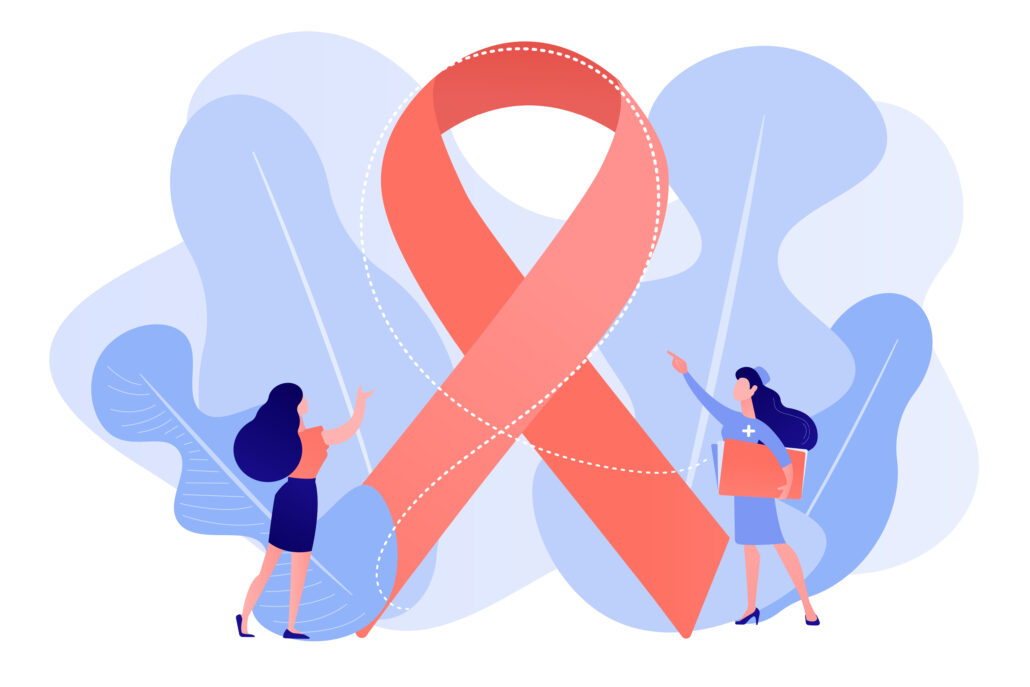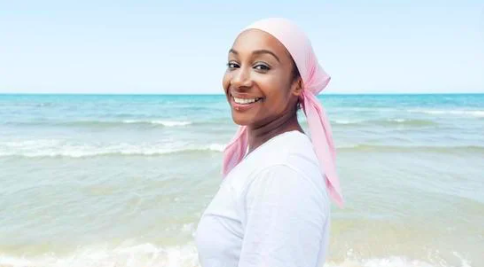Remote Cancer Survivor Research Study
Researchers at The University of South Florida are studying the changes to thinking and memory that can happen after a cancer diagnosis or cancer treatment.

Fast Facts

Ages 18-30

Diagnosed with Cancer Between the Ages of 13-30 and Received Treatment

Compensation Provided

Conducted Remotely in the US
Study Background
People with cancer can start to have problems with their cognitive functioning—such as their thinking and memory—that are different from people without cancer. We need to study thinking and memory in young adults who have and have not had cancer.
Right now, these cognitive problems can be difficult to measure, and if we cannot measure these problems, then it can be difficult to get people the help they need. So, we are doing this study to test an app to measure cognitive functioning, and to compare young adults who have had cancer to other young adults who have not had cancer. We hope that the results will help us understand how to measure these cognitive changes in young adult survivors of cancer.

Study Background
People with cancer can start to have problems with their cognitive functioning—such as their thinking and memory—that are different from people without cancer. We need to study thinking and memory in young adults who have and have not had cancer.

Right now, these cognitive problems can be difficult to measure, and if we cannot measure these problems, then it can be difficult to get people the help they need. So, we are doing this study to test an app to measure cognitive functioning, and to compare young adults who have had cancer to other young adults who have not had cancer. We hope that the results will help us understand how to measure these cognitive changes in young adult survivors of cancer.

Additional Information
The purpose of this study is to better understand the changes to thinking and memory that can happen after a cancer diagnosis or cancer treatment. To do that, we need to study thinking and memory in young adults who have and have not had cancer.
You may qualify for this study if you meet the following criteria.
Inclusion Criteria:
- Ages 18-30
- Diagnosed with cancer between the ages of 13-30, except cancer in the brain or spinal cord
- Have been treated (or currently being treated) for cancer with any type of treatment (e.g., surgery, radiation, chemotherapy, hormone therapy, immunotherapy)
- No evidence that cancer has spread to the brain or spinal cord
- Speak English
- No brain injury or stroke in the past 5 years
- Not pregnant
- Live in the United States
We will ask participants in this study to use an app on their phone to respond to short surveys and brain games up to 5 times per day for up to 12 days. Then, we will ask participants to complete an online survey and cognitive assessment. Study participation should take approximately 2 weeks after enrollment.
Compensation is provided up to $100 for your participation.
There is no cost for you to participate in our research study.

